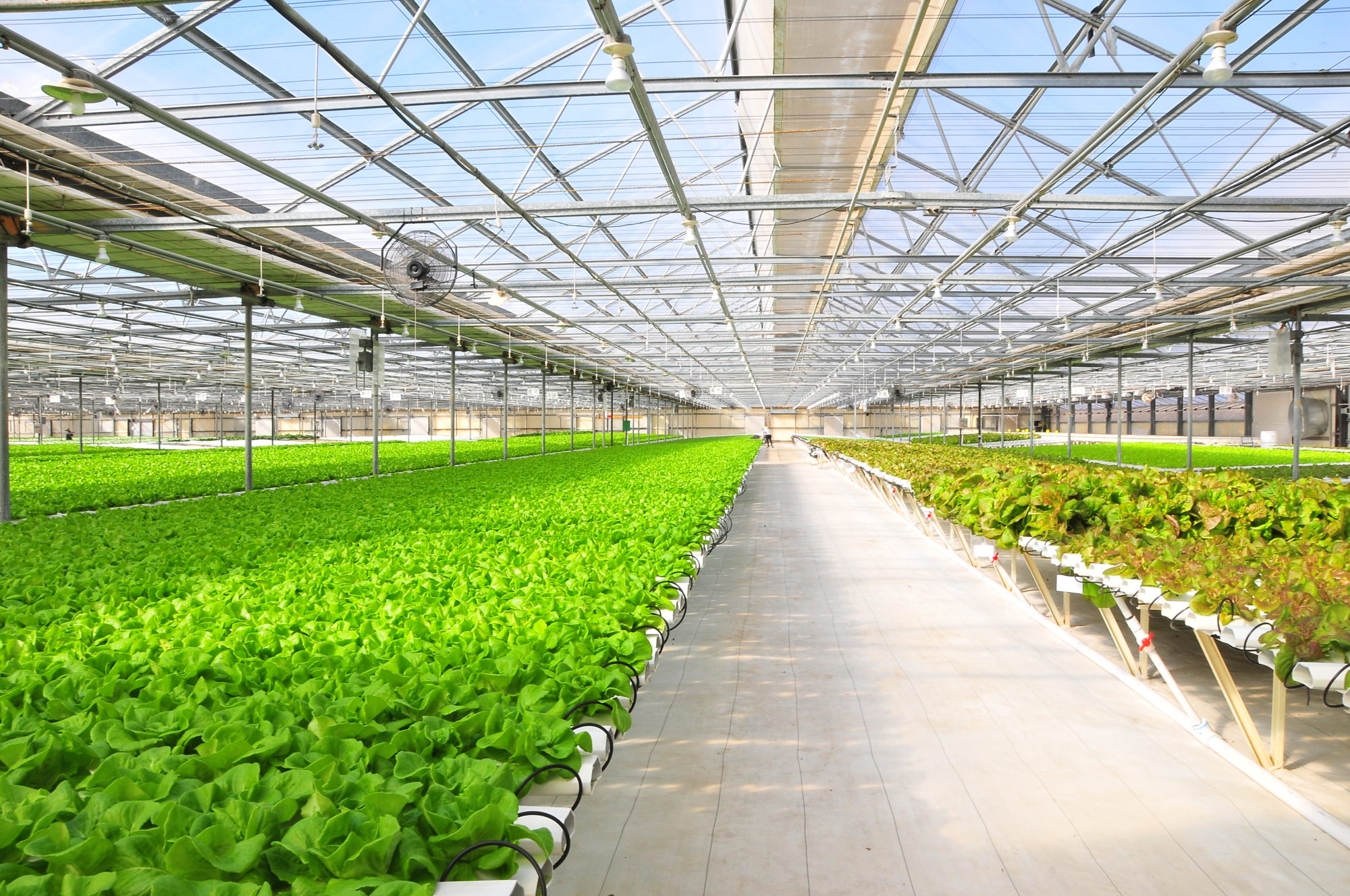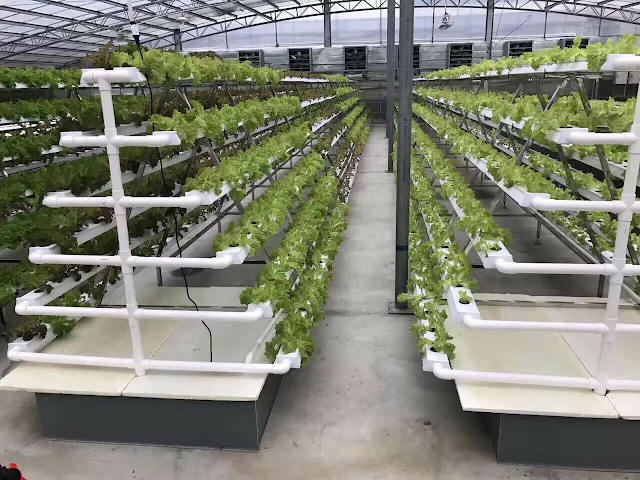Explore the Benefits of Hydroponic Greenhouses for Farming

Hydroponic greenhouses represent a significant innovation in agricultural practices, offering numerous benefits that support year-round farming in diverse climates.
Unlike traditional soil-based farming, hydroponic systems use nutrient-rich water solutions to grow plants without soil, providing optimal plant growth and sustainability conditions.
In this blog, we will delve into the various advantages of hydroponic greenhouse in Central Coast, highlighting how they contribute to sustainable agriculture and enhance productivity throughout the year.
Introduction to Hydroponic Greenhouses
Hydroponic greenhouse systems integrate hydroponic technology within a controlled greenhouse environment. This combination allows farmers to cultivate crops more controlled and efficiently than traditional farming methods.
By eliminating the need for soil and optimising nutrient delivery, hydroponic greenhouses offer several distinct advantages for year-round farming.
Benefits of Hydroponic Greenhouses
1. Optimized Growing Conditions
Hydroponic systems precisely control essential factors such as nutrient levels, pH balance, water quality, and temperature. This controlled environment ensures that plants receive optimal conditions for growth, resulting in healthier crops and higher yields.
2. Water Conservation
Hydroponic greenhouse Central Coast uses significantly less water than conventional farming. The closed-loop system recycles water and nutrients, minimising waste and reducing water consumption by up to 90% compared to soil-based agriculture.
This makes hydroponics a more sustainable choice, particularly in regions facing water scarcity.
3. Improved Crop Quality
Plants grown in hydroponic systems often exhibit superior quality and nutritional value. The controlled environment eliminates soil-borne diseases and pests, reducing the need for pesticides and herbicides.
As a result, hydroponically grown crops are cleaner, healthier, and more consistent in size and appearance.
4. Higher Yields and Faster Growth
Hydroponic farming allows for faster plant growth rates and multiple harvests per year. The ability to optimise nutrient delivery directly to plant roots promotes accelerated growth cycles, enabling farmers to produce more crops in less time.
This efficiency translates into higher yields and increased profitability for growers.
5. Year-Round Production
One of the most significant advantages of hydroponic greenhouses is their ability to support year-round production. Farmers can cultivate crops continuously, regardless of external weather conditions by controlling environmental variables such as light and temperature. This ensures a consistent food supply and reduces dependency on seasonal factors.
6. Space Efficiency
Hydroponic systems are space-efficient and can be implemented in various settings, including urban areas and rooftops. Vertical farming techniques maximise space utilisation, allowing farmers to grow more crops in smaller areas.
This scalability makes hydroponic greenhouses ideal for urban agriculture and areas with limited arable land.
7. Environmental Sustainability
Reduced water usage, minimal soil disturbance, and lower carbon footprint contribute to the environmental sustainability of hydroponic farming.
Hydroponic greenhouses help protect ecosystems and promote sustainable food production practices by conserving resources and minimising agricultural runoff.
Challenges and Considerations
While hydroponic greenhouses offer numerous benefits, they also present challenges such as initial setup costs, technical expertise requirements, and dependency on reliable electricity and water supply. Farmers considering hydroponic systems should carefully assess these factors and seek guidance from experienced professionals to maximise success.
Conclusion
Hydroponic greenhouse Central Coast represents a transformative approach to year-round farming, offering unparalleled control over growing conditions, resource efficiency, and crop quality.
By harnessing the power of hydroponic technology within a greenhouse environment, farmers can overcome traditional farming limitations and sustainably meet the growing demand for fresh produce.
As agriculture continues to evolve, hydroponic greenhouses stand at the forefront of innovation, paving the way towards a more resilient and food-secure future.
Embracing this technology can empower farmers to cultivate crops more efficiently and contribute to a healthier planet for future generations.


Comments
Post a Comment